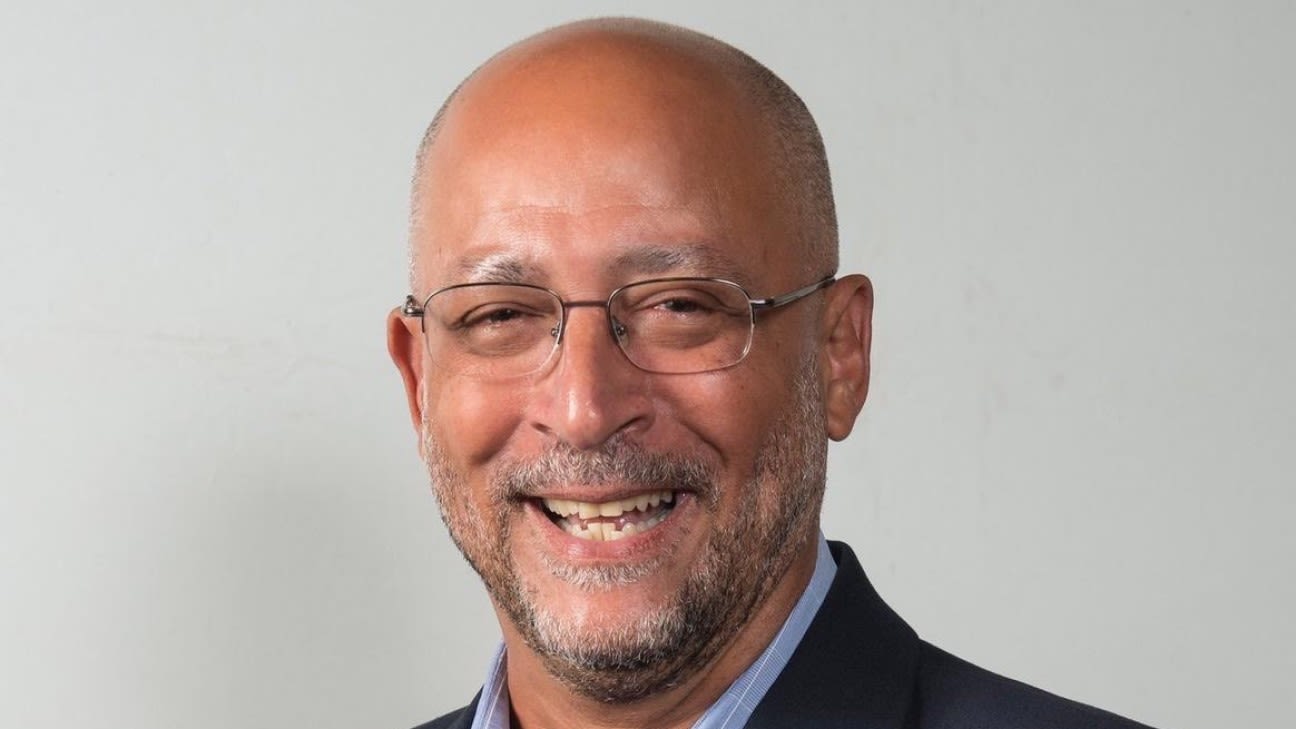The CWI board could be cut to nine members if governance reforms recommended by an independent task force are accepted.
CWI currently features an 18-member board including 12 members put forward from the regional boards. But a task force, headed by Jamaican senator Don Wehby, has called for the board to be cut to 12 immediately and nine eventually.
It has also called for the board “to reflect a wide cross section of skills and competencies” and include a minimum of two women. There is currently one woman on the board.
If the recommendations are to be enacted, they will have to be accepted by the current board. That means current board members would effectively have to agree to their own removal.
The task force, which also included Sir Hilary Beckles, Deryck Murray and Charles Wilkin QC, was formed at the request of CWI’s president, Ricky Skerritt, to look into corporate governance at the organisation. Alongside a streamlining of the board, it called for a redefining of the role of the president and vice-president to ensure they were “more board specific and non-executive”.
The recommendation would appear to stem from a previous report, by independent auditors PKF, which raised concerns that during the presidency of Dave Cameron, Skerritt’s predecessor, the line between president and executive was often blurred. Cameron has denied all allegations made in the report.
Other recommendations in the 36-page task force report include the establishment of a nominations committee to “identify and evaluate potential directors and to nominate future directors and committee members” and a reduction in the number of CWI committees from 12 to five. Such a change would be likely see more independent directors, with less influence – and arguably less partisanship – from the regions.
The report, which was compiled after months of consultation and observation of best practice elsewhere, also noted that reform was needed to ensure the sustainability of CWI. It highlighted the “need to foster the rebuilding of trust and a common purpose between CWI and the other stakeholders, especially with regional governments”.
It follows the PKF audit, which suggested CWI has suffered from overly optimistic revenue projections and unsustainable costs. That audit also criticised an opaque and inadequate accounting system, which enabled abuses to go unreported and posed a threat to “the board’s long-term sustainability”.
Former presidents and officials of CWI had previously urged CARICOM (the Caribbean Community) to conduct a forensic audit of the board in order to save West Indies cricket from “absolute and total downfall”.
Skerritt’s ability to see the recommendations enacted may define the success of his period as president. When running for office, he promised to provide greater accountability and transparency. Comprehensive reform and modernisation of CWI’s governance structure would form a major part of that.
